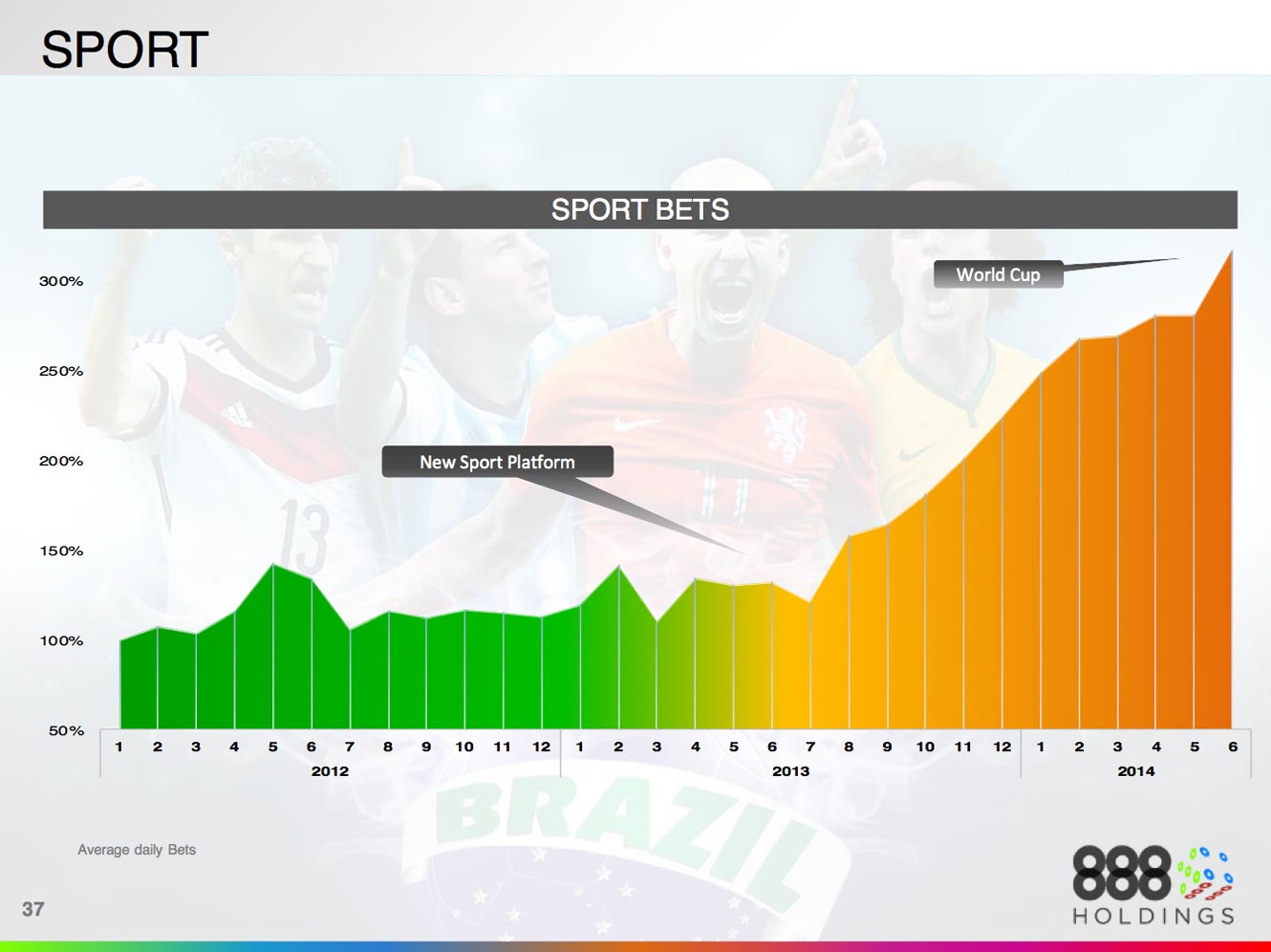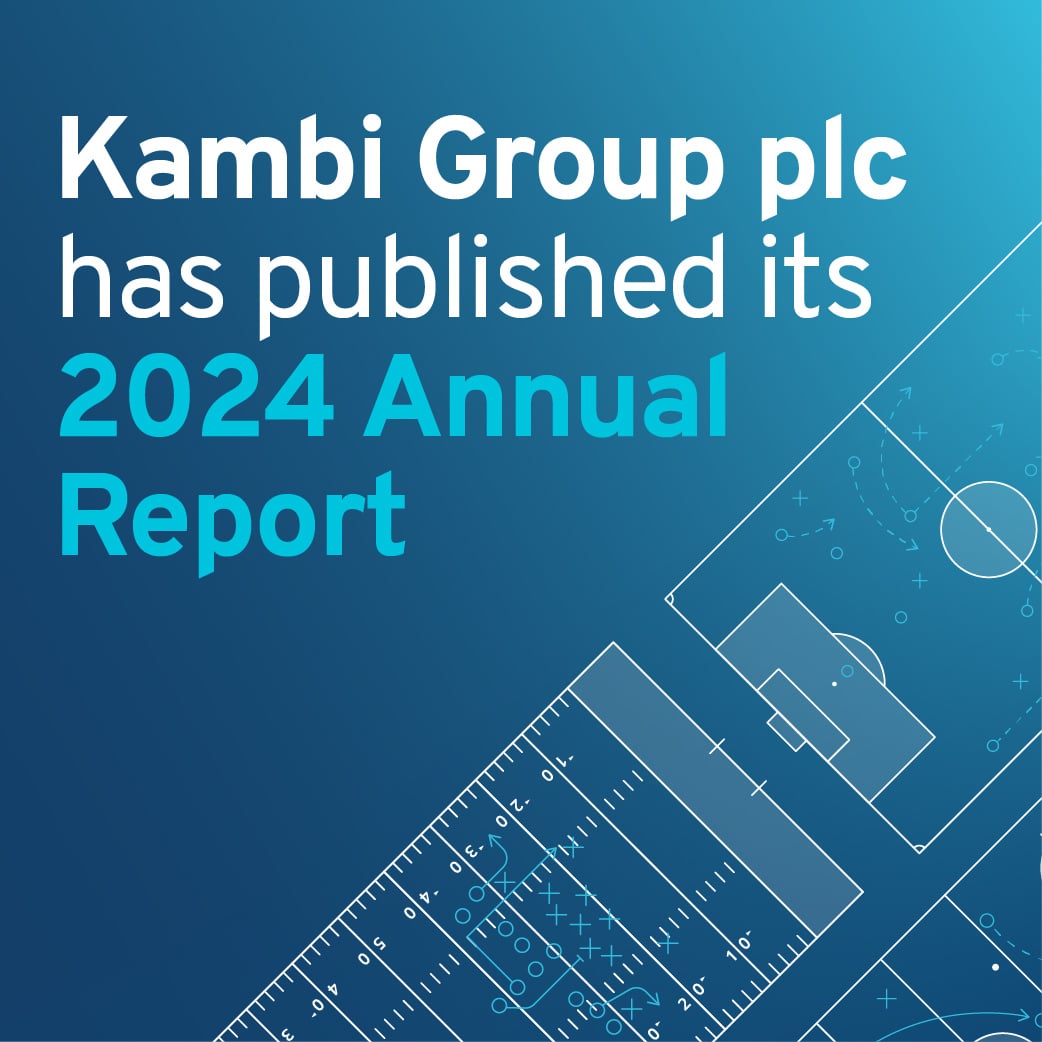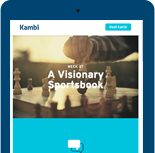

User-centric product development. Human centred design. Design thinking. These are all claims many companies in our industry are ready to make and boast about. At Kambi, understanding the players, empathising with their needs and exceeding their expectations is what’s been driving us since our inception. In this article we want to show why this approach matters, how it drives the complexity of the Sportsbook and what implications it has for a procurer.
When browsing through the marketing material of B2B Sportsbook suppliers, one has been met by the same marketing messages for the last couple of years. The main product USPs seem to be: the number of sports, the number of live events and the number of bet offers. Together with the costs, this is what operators look at to assess suppliers. Today, there are several suppliers that offer sports, live events and bet offers in vast numbers, as this is what operators have believed is the aspect with the most impact on the success of their Sportsbook vertical. As many people in the gaming industry now believe that we are reaching a level where every incremental enhancement to these numbers has increasingly smaller value, suppliers are starting to compete on price, which is a natural part of the commoditisation process.
Relevance, availability and playability
When analysing the quality of a Sportsbook offering, i.e. all the leagues, events and bet offers, the focus should be not only on quantity of bets, but also on relevance, availability and playability – key factors in creating a great user experience. Here is what we mean by this:
-
Relevance – the Sportsbook offering should contain betting opportunities that are exciting and fun. The player should feel that the bet is tied to his opinion about the game, and feel enticed to place a bet. The in-play bets on the next corner in football and the game winner in tennis are great examples of bets which are highly relevant as they offer players the opportunity to act on hunches and are also quick when it comes to payout of winnings, offering players a fun and casual betting experience. It is not surprising that these bets are constantly growing in popularity.
-
Availability – having great bet offers means nothing unless you are able to place bets on them. At any given time there should be a wide selection of betting opportunities available for the players. This means that as an operator, you should open for bet placement. Bet offers should be published and priced well ahead of events, and during the events they should be open as much as possible. The players are not forgiving of technical or operational difficulties that hinder them from placing the bets they want.
-
Playability – as with video games, the player has expectations about the actual gameplay. In the Sportsbook context this translates to a great client, quick bet placement with a short live countdown, quick and accurate settlements and fast payouts of winnings.
It is only when a Sportsbook is strong on these three factors that a great user experience can be offered, which is a massive revenue driver. Professional gamblers, arbitrage hunters and other loss-making player segments are, however, constantly trying to find ways to make money at the operators’ expense.
Finding the right trade-off between a product that safeguards a healthy margin for the operator and offers a great user experience for the casual players is a challenge, as these two forces are often pulling in opposite directions. Overcoming them comes at the cost of high complexity and the requirement for a tight integration of betting clients, operational staff and back-end technology. From our research, we know that very few Sportsbooks can reach a high score on relevance, availability and playability, as orchestrating the different components to interact well together, while at the same time safeguarding margin, is a cost that only the largest operators can motivate.
It is no coincidence that the operators with outstanding Sportsbooks are the ones that are gaining most market share, even in mature markets. They are offering a more entertaining product than their competitors, by either investing heavily in their own proprietary technology and trading floor, or sourcing a product that not only scores high on the quantitative aspects of the offering, but also scores high on relevance, availability and playability. The graph below (which can be found in 888’s half-year presentation for 2014) is an example of this, illustrating the development of 888’s sportsbook performance after it switched to a fully managed turnkey Sportbook, provided by Kambi, which enables 888 to offer a world- class user experience to its player base (see graph below).

We at Kambi advocate that operators evaluating Sportsbook suppliers start focusing more on player-centric aspects of the product, factors that are important to the player satisfaction with the product, such as availability of markets, suspension frequency, and relevance of available bet offers. The operators that start seeking those elements will discover that the B2B Sportsbook market is far from commoditised and that choosing the right Sportsbook will have a massive impact on the performance of their Sportsbook vertical. Operators with a Sportsbook that can offer what is important to the players – relevance, availability and playability of a wide selection of betting opportunities – will be able to compete not only with brand and price, but also with their product.
Elevating the player-centric evaluation criteria beyond a comparison of number of sports, live events and bet offers takes time and effort, but if you put yourself in your players’ position, which product would you prefer to use?
Article sourced from EGR sports betting report 2015.











